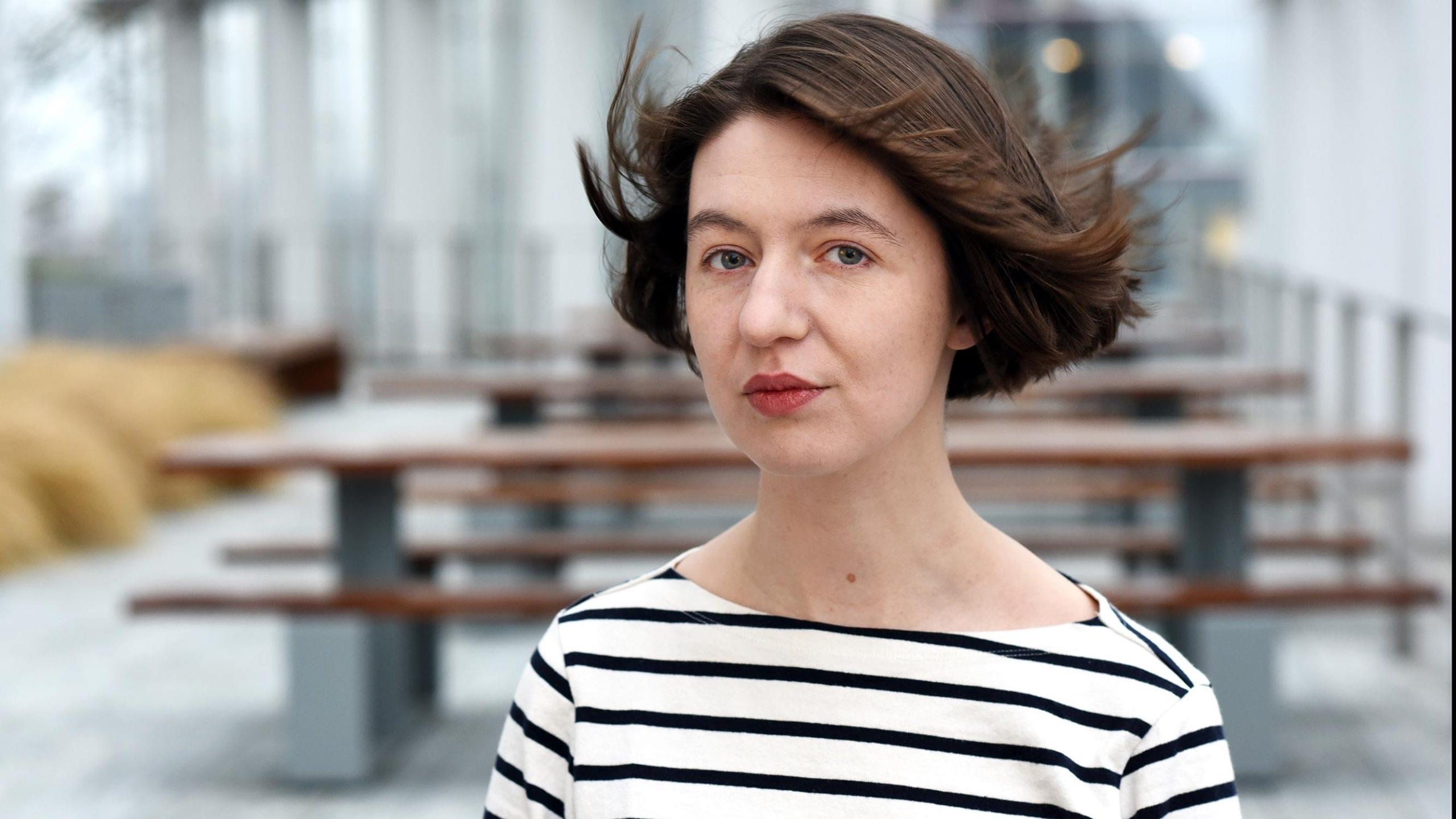Since the release of her debut novel Conversations with Friends in 2017, Sally Rooney has become somewhat of a household name, not just in Ireland but on a worldwide scale. Hailed by the New York Times as “The First Great Millennial Novelist”, Rooney’s long-awaited third novel Beautiful World, Where are you?—released in September 2021—was an instant bestseller and An Post Irish Book Awards novel of the year. But written in the blaze of her previous success, elevated by the television adaptation of Normal People—does the novel live up to expectations?
There is something poignant about a title like Beautiful World, Where are you?. In a world that has just suffered a global pandemic, such a title begs the questions: Why are we here? What is the meaning of life? Indeed, the book does tackle modern-day existentialism, as the two main characters, Alice and Eileen, search for happiness and security while dealing with two different perspectives on success.
“Rooney’s third novel steps further away from the grounds of Trinity College and delves into the lives of two friends who are attempting to navigate adult life.”
Rooney’s third novel steps further away from the grounds of Trinity College and delves into the lives of two friends who are attempting to navigate adult life. In a classic Rooney style, there is a noticeable detachment between the writer and the main characters. However, the novel is slightly more structurally complicated than her previous works. The alternating perspectives between Alice and Eileen are punctuated by in-depth emails, in which both women question politics, history, apocalypse, and the world in general—along with themselves and their relationships. It is difficult to determine what Rooney intended with their placement in the story. One can not help but wonder if these emails, which present more like essays, were personal indulgences for Rooney and a means for expressing her own thoughts, concerns and beliefs about modern society. This question is accentuated by Alice’s character; she is an author, a Marxist, and hates the publicity work she must do following the success of her two novels. It is difficult to believe that the character is not in some way based on Rooney herself, at least from a career standpoint.
“Rooney has a masterful way of creating characters that you root for, and want to see succeed, despite the fact that they are not entirely likeable.”
Rooney has a masterful way of creating characters that you root for, and want to see succeed, despite the fact that they are not entirely likeable. There is a sense that the characters feel superior to the people that surround them, despite their highly self-critical nature. There is the Rooney-esque will-they-won’t-they question throughout the book, as both female characters yearn for intimacy—and in some ways, validation. In this sense, the female characters do not differ hugely from Normal People’s Marianne or Conversation with Friends’ Francis. Once again, Rooney’s characters come from homes in which there is, to a greater or lesser extent, a lack of familial support or love. This is a running theme in all three of her novels. Despite the characters in Beautiful World, Where are you? confronting different issues at different stages of their lives than the characters of the previous two novels, the basic theme of the novel is not unlike what has come before. With that said, Rooney successfully introduces the concept of online dating into her work and the complexities that arise from it, with a relationship status reared from the likes of Tinder.
“highlights the instability of friendship and intimacy in the modern world while confronting controversies such as modern-day Catholicism, Marxism, and the intricacies of living life in an era of addictive technology.”
Rooney’s own editor has referred to her as the “Salinger of the Snapchat Generation”, and there is no denying that Rooney has a way of igniting conversation. Beautiful World, Where are you? certainly highlights the instability of friendship and intimacy in the modern world while confronting controversies such as modern-day Catholicism, Marxism, and the intricacies of living life in an era of addictive technology. However, in my view, the book did not flow with the same ease that her previous two novels have been praised for. Perhaps, my own expectations were slightly too high. In the same breath, I will admit that I am looking forward to seeing where Rooney takes us next.






